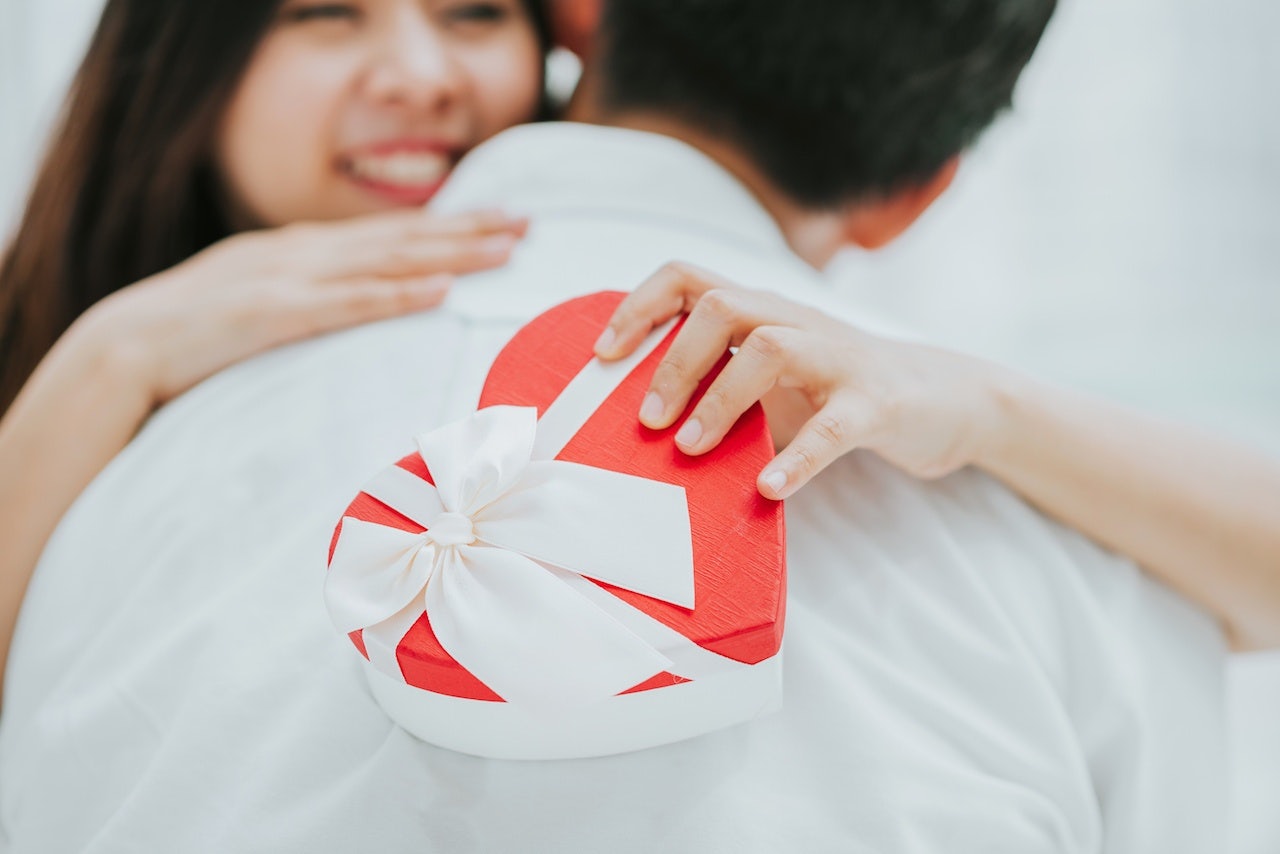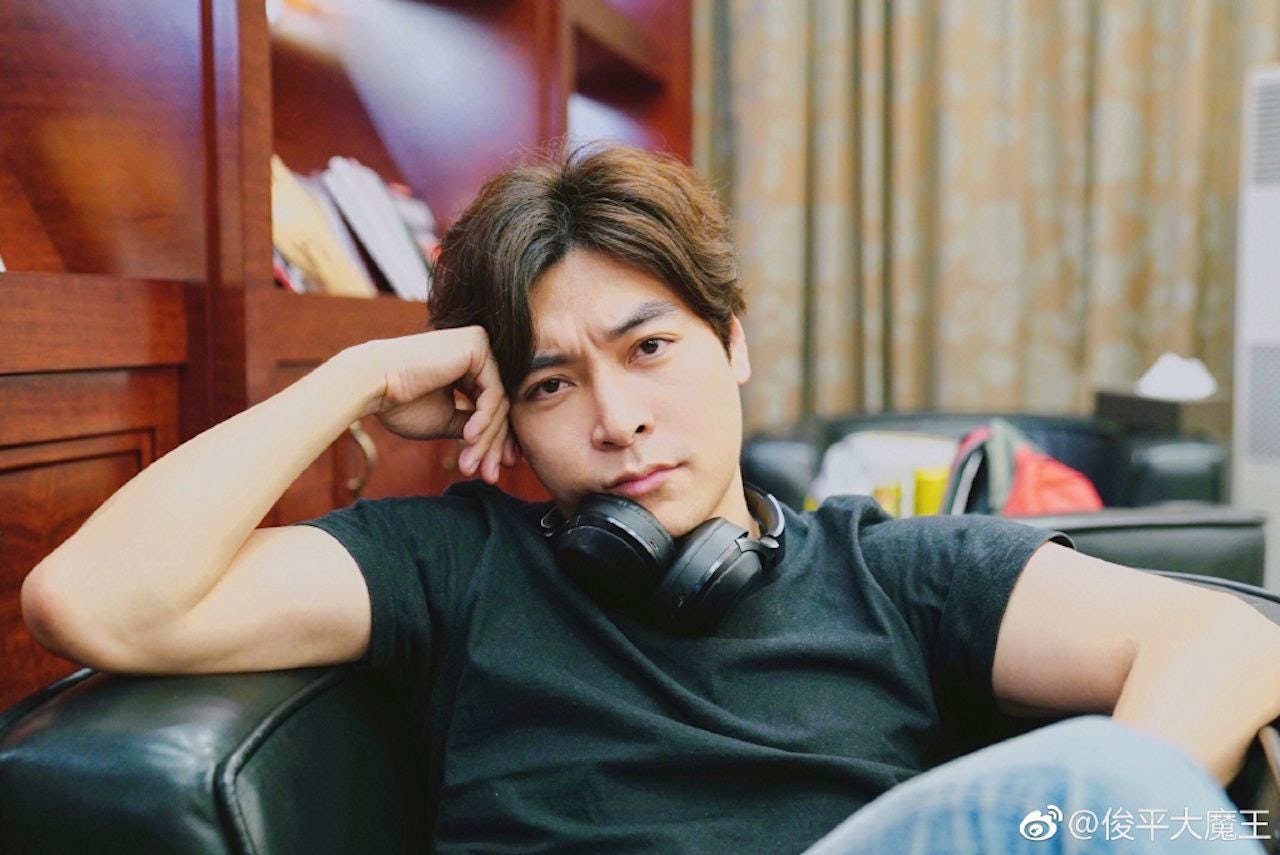The “she economy” has long been the primary, and profitable, focus for luxury-brands marketing. But when it comes to China and the huge Singles' Day shopping festival — something of a Valentine’s Day for both splurge-on-yourself singles and for couples — marketers often overlook a crucial demographic. There’s men behind the “she” economy, otherwise known as female shoppers’ boyfriends or husbands.
Chinese women are increasingly spotting a luxury product on social media, tagging the men in their lives as to the object of lust, and then expecting their partners to buy the item as a gift. This scenario is becoming so common in China today that emerging online luxury trends sometimes coincide with the hashtag outcry #dontletmygirlfriendseethis (#千万不要让女朋友看到).
Western culture considers asking a romantic partner to buy a “wishlist” item to be pushy and detrimental behavior for a relationship (or worse, a sign of a “sugar-daddy”-type arrangement). But for many Chinese couples, asking for gifts isn't only culturally acceptable, it’s also a sign that partners trust each other. Chinese-style romance traditionally favors commitment over passion, so gift-giving is the perfect vehicle for Chinese partners wanting to show their love.
After receiving their girlfriend's “ask,” boyfriends usually fund them through WeChat's Red Envelope feature (a way to send a monetary gift through the popular app). By coating their transactions in auspicious meaning (red symbolizes good luck in China), WeChat's Red Envelope has become a more elegant option for gifting than a direct money transfer. Since funding a purchase is considered an act of love in China, women often share a screenshot of their men's gifts on their WeChat Moments.
In this context, culturally informed brands would be wise to go beyond the surface of the “she economy” for the Nov. 11 occasion and look at who’s often behind the purchases.
The 550 Dyson Hairstyler Love Test#
In mid-October, Jing Daily reported on the marketing hype behind Dyson’s 550 hairstyler. WeChat-based influencer Camelia’s article on the beauty product, which reached over 100,000 views and 15,790 likes, was instrumental to Dyson’s success in China. At 64,000 likes, the article’s top comment reads “Me too, I just send this to my husband, and my husband immediately showed me the screenshot of his order. He bought two! One for me, another for my mother.”
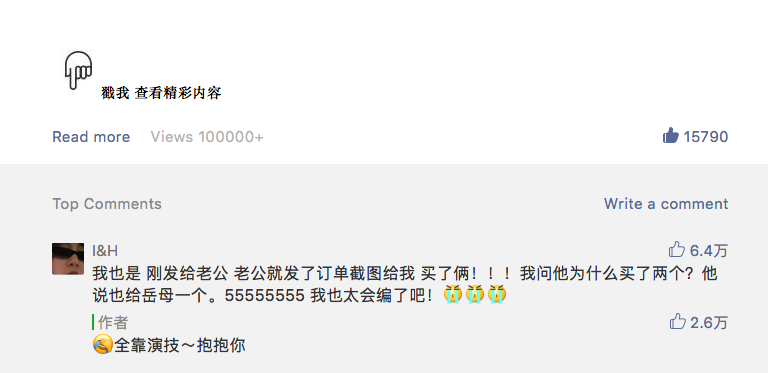
A discussion ensued in the comments about whether men were going to buy the hairstyler and how men had reacted to the post. Dyson’s hairstyler soon turned into a social argument about “will or won’t your man buy it for you?” It’s a juicy topic that helped transform a luxury novelty into a collective debate on love and money. The 550 hairstyler became a test for whether a man was willing to invest in a relationship or not.
YSL Lipstick’s 2016 Social Echo#
The “buy it if you love me” phenomenon is nothing new to Chinese luxury consumers. Earlier in 2016, YSL Star Clash lipstick also became a love test for young couples. On October 18, 2016, an article titled “How does your boyfriend react if you ask him to buy YSL lipstick?” went viral across all Chinese social media channels.
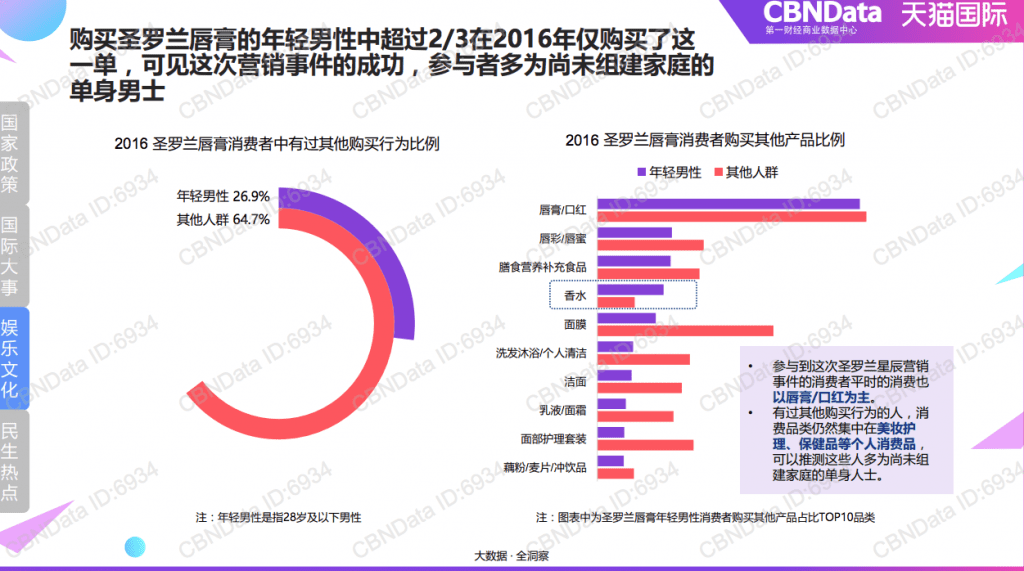
Before this social media storm, YSL wasn’t a very familiar name to most young Chinese males. Yet according to a report by CBN Data, YSL’s Tmall store had doubled its lipstick sales on October 18, and reached a sales peak during the November 11 Singles' Day shopping festival weeks after. Around 26.9 percent of the lipstick orders came from Chinese males under 28 years of age, and more than two-thirds of these men bought only the YSL Star Clash lipstick during the entire year. Although YSL later said it wasn’t a PR activity that they’d initiated, the work has been done. Now, when Chinese boyfriends think "Valentine's gift," they think luxury lipstick.
The 999 iPhoneX#
Luxury gifts symbolizing a man's investment in a relationship go beyond just beauty and fashion products. Soon after Apple launched its iPhoneX in 2017, the 999 smartphone sparked a debate about love and money on the Chinese internet.
On the Chinese Qamp;A site Zhihu, a 2017 post titled "Girlfriend asks me to buy her iPhoneX, what should I do?" reached over 20 million views and 1,600+ comments. In the post, a young man described how his girlfriend considered him insincere after he disagreed with her extravagant ask. The post quickly turned the iPhoneX into the test of a man's love in social discussions.
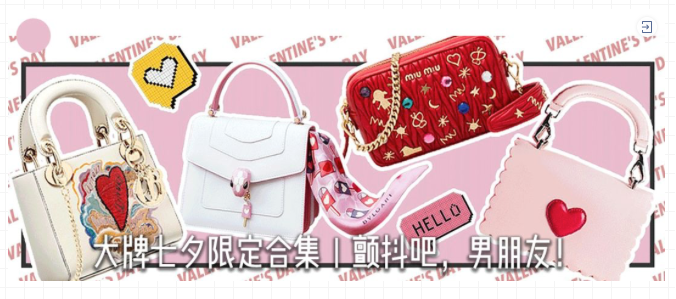
The Weight of Gifts in Chinese Dating#
Dyson’s hairstyler, YSL’s Star Clash lipstick, and the iPhoneX have all transcended normal luxury product status to become relationship touchstones in China. Each hyped product helped create a strong association of luxury and romance with Chinese consumers, turning them into an expression of love and commitment.
More importantly, they reveal how the act of gift-giving takes on a whole other dimension in Chinese dating. As JD.com beauty’s 2017 Qixi (Chinese Valentine's Day) gifting data showed, lipsticks ordered by men for that romantic occasion equaled the height of over 35 Eiffel Towers, and that of perfumes 17 Shanghai’s Oriental Pearl TV Towers.
